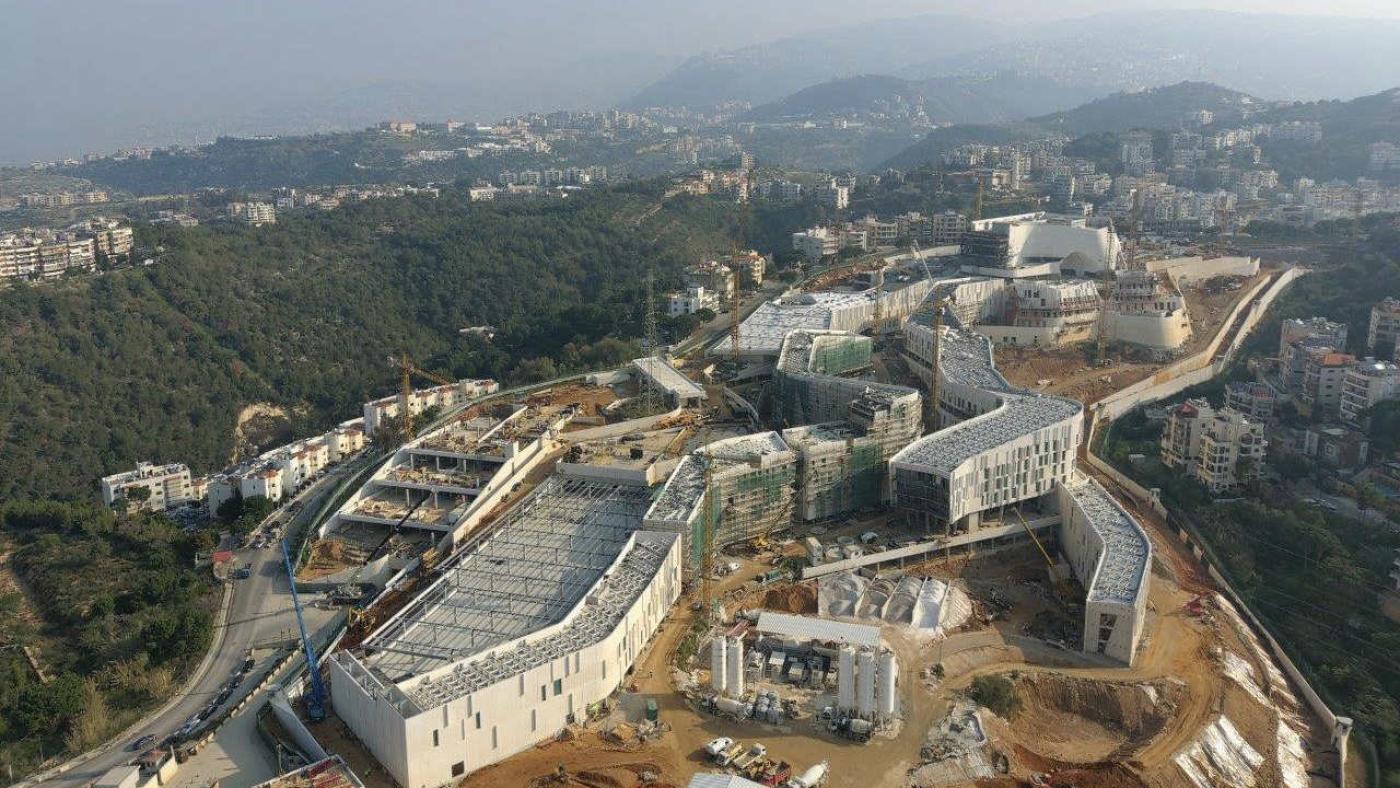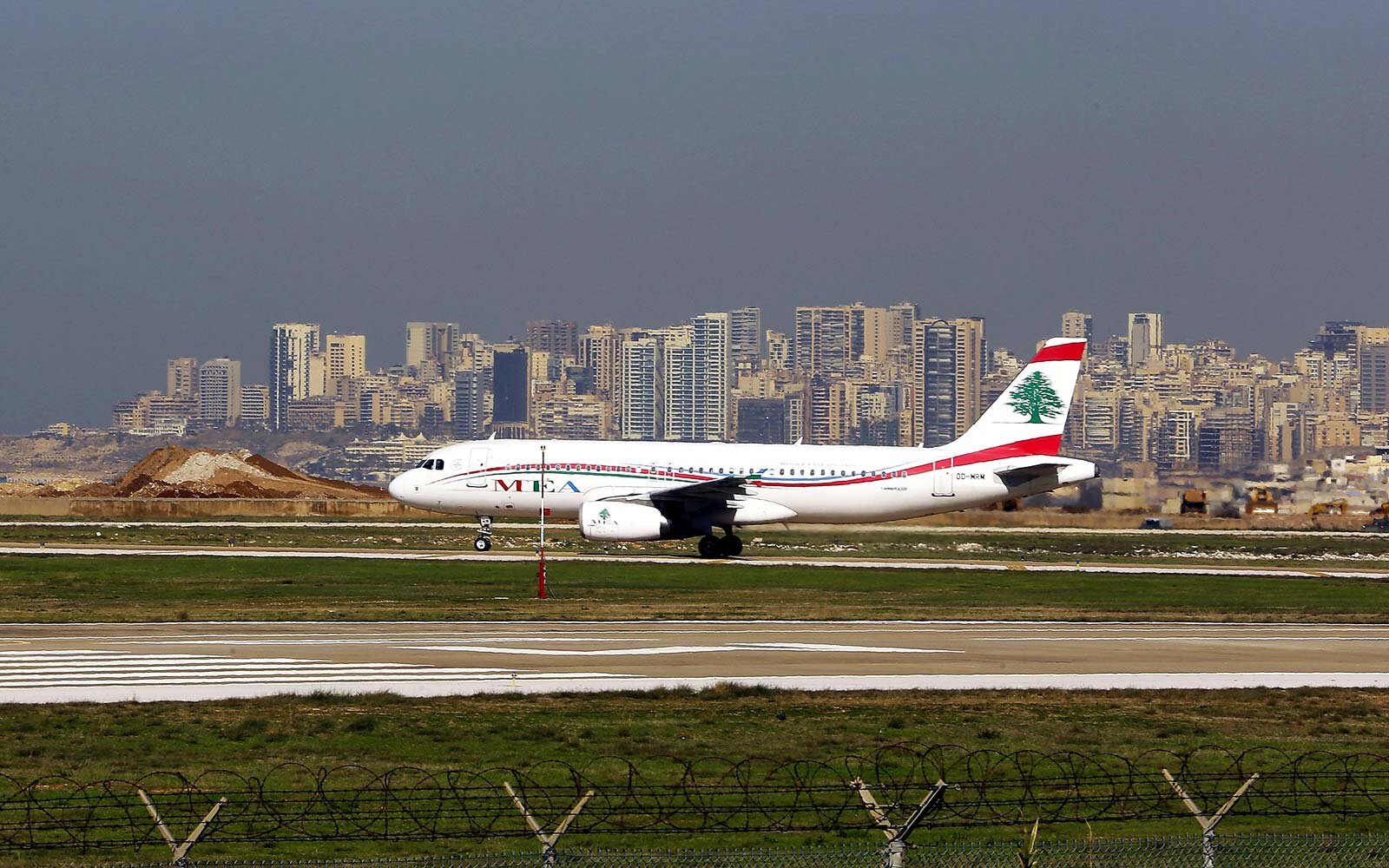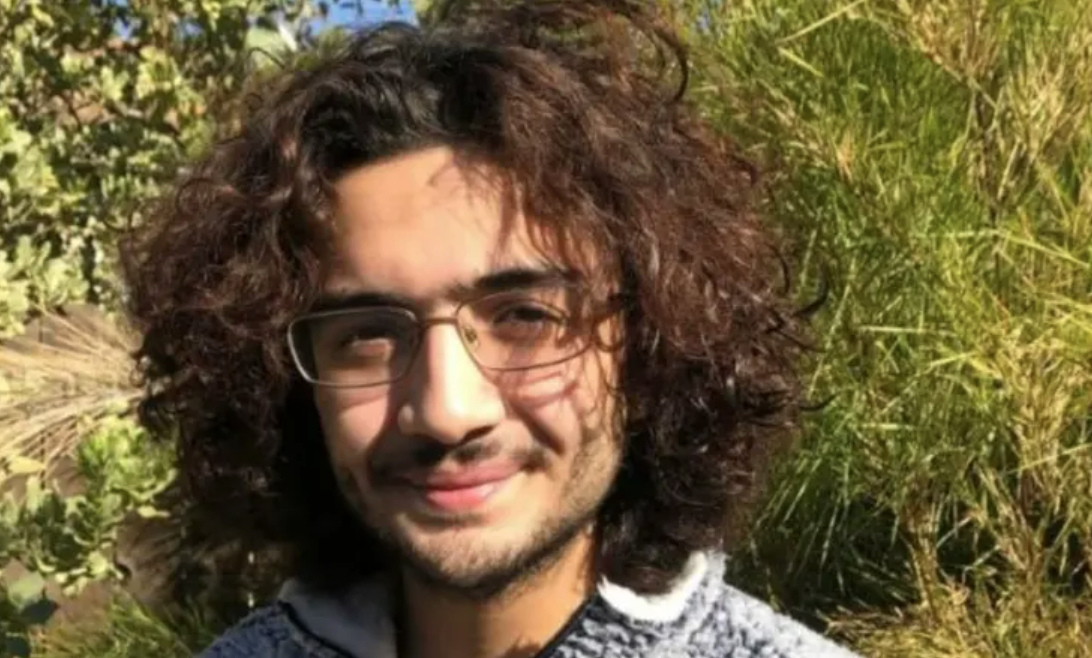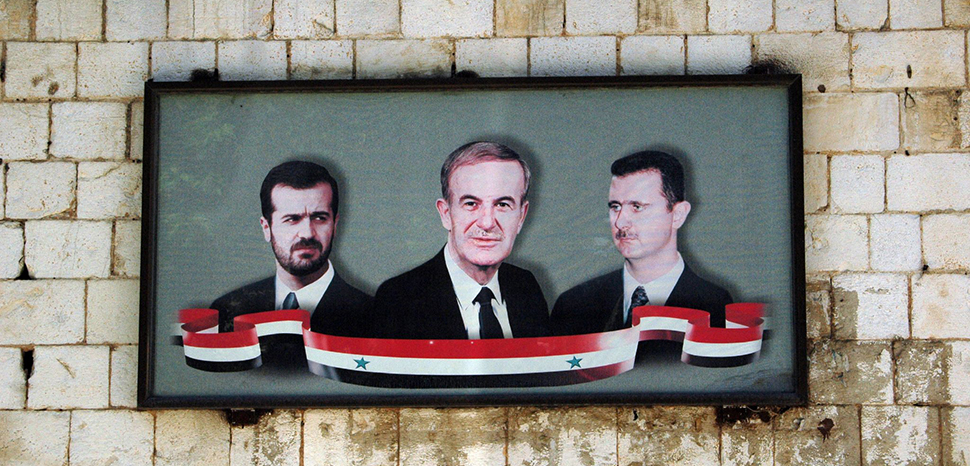By Ruiqi Chen, Editor at LinkedIn News — Some Uber customers will soon be able to use the app to book flights. The ride-share giant announced a partnership with Canadian travel agency Hopper on Wednesday, offering national and international flights to all U.K. users in the next few weeks, The Verge writes. A general manager […]

By Maha El Dahan DUBAI, (Reuters) – A consortium led by TotalEnergies (TTEF.PA) will start drilling for oil and gas off the coast of Lebanon at the beginning of September, the country’s caretaker energy minister Walid Fayyad said on Tuesday. The consortium, which includes Italy’s partners ENI (ENI.MI) and QatarEnergy [RIC:RIC:QATPE.UL], has assigned a rig for the offshore southern bloc known as Bloc 9. “The rig will start working in Lebanon in September … before the end of the year we will know if there is a discovery,” Fayyad told reporters on the sidelines of the World Utilities Congress in Abu Dhabi. The minister said he was hopeful that if a discovery was made, it would unlock more investments in Lebanon’s offshore oil and gas sector.
Fayyad said a potential discovery could impact whether a deadline for applications to explore in eight additional offshore blocs is extended yet again, past June. “I have been hearing from players in the field that they are keen to see the result of the drilling in Bloc 9 before they make decisions as to further investments or commitments in Lebanon,” he told reporters. “In the end if we don’t have enough interest and players, we must adapt,” Fayyad said. The minister said a World Bank-funded deal to receive electricity from Jordan and gas from Egypt through Syria had yet to progress as the financing body had requested more reforms before committing. But he said Lebanon would aim to boost imports from Iraq by bumping up the volume of an existing swap deal and through new commercial agreements.

by middleeasteye.net — The embassy is expected to cost $1bn and will occupy 43 acres in a country facing financial collapse. Photographs of the new US embassy compound under construction in Lebanon shared on Twitter on Friday have sparked questions, conspiracies, and some jeers as a result of its massive size. As of Monday, the photographs, posted by the US embassy in Beirut with the caption, “things are progressing at our new compounds”, had gotten 2.1 million views by the time of publication. The US announced plans to build the new embassy in 2017 and the compound has been under construction ever since.
Many have questioned why the US needs to build what will be the world’s second-largest embassy in the world after the American embassy in Baghdad, given that the Mediterranean country is home to only six million people and is currently facing a financial crisis. “This is bigger than the Pentagon,” one Twitter user said. “ What’s planned for this compound other than issuing visas???” “Room for hundreds of spies and infiltrators? A weapon factory too? another Twitter user asked. “Any secret bio labs tucked away in that military complex-like building?” asked another. The embassy is expected to cost $1bn and will occupy 43 acres once completed. The price tag has also raised eyebrows because it comes as Lebanon is facing an economic implosion.
By Kaniya Rogers, Editor at LinkedIn News — Airlines, hotels, and automakers are pulling in record profits by selling less and charging more, reports Bloomberg, challenging U.S. efforts to calm inflation. Hotel prices are up by more than 10% in the first quarter compared to 2022, and “sticker shock” prices have also hit cars and […]
By Najia houssari — arabnews.com — BEIRUT: Lebanese people remain divided over Syria’s return to the Arab League following a 12-year suspension. Foreign ministers from Arab League member states on Sunday agreed to reinstate Syria’s membership and called for a resolution of issues resulting from the country’s civil war, including the flight of refugees to […]

by fl360aero.com — Lebanon has barred the largest airline in Cyprus, TUS Airways, from flying in the Arab country’s airspace or landing at Beirut–Rafic Hariri International Airport, due to the fact that an Israeli corporation owns nearly half of the shares in the company. In a statement published by the state-run National News Agency on Saturday, the Director General of the Lebanese Civil Aviation Authority, Fadi al-Hassan, said the Israeli company Knafaim Holdings Ltd. owns 49.9% of the stock of the Cypriot airline. TUS Airways was formed in 2015, shortly after the liquidation of Cyprus Airways and despite only owning five Airbus A320 aircraft, the carrier is officially the largest airline in Cyprus. Although the airline is based out of its Larnaca hub , TUS Airways has a strong focus on flights to and from Israel, apparently due to its share holder connection.
Lebanon only became aware that TUS Airways had a major Israeli backer after the Cypriot Civil Aviation Authority informed its Lebanese counterpart that the airline had been nominated to provide air services between the two countries under a 2017 bilateral agreement. Al-Hassan said that his department carried out some routine research on the internet and discovered that TUS Air was partly owned by an Israel-based company which put it in conflict with the Boycott Israel Law. Al-Hassan had already received a letter from the Cypriot Civil Aviation Authority announcing the appointment of TUS Airways as the carrier in air transport services between Cyprus and Lebanon based on a bilateral agreement signed in 2017. The Lebanese official noted that the ban on the Cypriot airline will remain in effect until further notice, and that the decision to close Lebanese airspace to the Cypriot airline was taken within the framework of the Boycott of Israel Law.
by Stephanie T. Williams — Nonresident Senior Fellow – Foreign Policy, Center for Middle East Policy –– Lebanon is sliding into “failed state” status. The country has been limping along with a weak interim executive while the presidency has been vacant for over six months. A full restoration of the country’s leading governance institutions is […]

by Arab news – Najia Houssari — Thousands of women in Lebanon are turning to motorcycles for transport as a means to cut costs, with many saying that social stigmas are disappearing amid the country’s worsening economic crisis. Many Lebanese people no longer have the financial means to drive a car, instead opting for motorcycles to withstand the economic crisis. Motorcycle sales make up about 50 percent of the consumer vehicle market, according to car dealerships in Lebanon. Buying and driving motorcycles is no longer limited to young men, delivery workers, university students and professionals who need to move quickly on the roads to reach their workplace at the lowest possible cost. Now, Lebanese women — in their 20s, 30s and 40s — are skillfully driving motorcycles around the country, with some even converting their bikes into taxis.
The economic crisis has placed a great burden on Lebanese women. Some have turned to traditionally male professions to find an income, including selling vegetables in pickup trucks, working in butcher shops, at gas stations, in car repairs and as taxi drivers. Lebanon’s civil war previously revolutionized women’s role in the workplace, with many entering professions for the first time, such as journalism, search and rescue, civil engineering and even frontline military positions. Before the economic crisis, some Lebanese women joined Harley-Davidson luxury motorcycle clubs, took part in car races and competed in mountain climbing competitions. They became a source of inspiration for others.

by Ghinwa Obeid, Al Arabiya English –– A young Lebanese man was stabbed to death in California’s college town of Davis days after a similar attack took place, triggering a police manhunt for the suspect. The victim, 20-year-old Karim Abou Najm, was killed Saturday evening at Sycamore Park as he was on his way home coming from an awards ceremony at the University of California, Davis, where he was finishing his undergraduate degree. For the latest headlines, follow our Google News channel online or via the app. “The day he left us, he won one of the UC Davis awards, and he was on his way back home,” Abou Najm’s father, Majdi, told local KCRA-TV channel. “He was literally 5 minutes away.”
The death of the computer science student came after another man, 50-year-old David Breaux, was stabbed to death at another park in the same town. The two incidents were followed by the stabbing of a 64-year-old woman at a homeless encampment on May 1, instigating fear that a serial killer might be on the loose in the area. “We moved from Lebanon in 2018 when the situation in Lebanon was…starting to go [in the wrong] direction and we came here hoping for safety,” the father said. The Associated Press reported that following the woman’s stabbing, a shelter-in-place was put into effect but was later lifted while calling on the residents to remain vigilant. The Associated Press also reported that the suspect was “described as a male with long curly hair, a thin build and carrying a brown backpack.”

Idlib – by Firas Karam — aawsat.com — — Opposition civilian and political groups in Syria’s northwest announced their complete readiness to receive Syrian refugees from Lebanon in liberated Syrian regions in wake of the violations and forced deportation they are facing in the neighboring country. The “Political Affairs Administration” in the opposition-held Idlib region and the Hayat Tahrir al-Sham group said on Friday that they were prepared to welcome over two million refugees in Lebanon who are threatened with forced deportation to regime-held regions where their lives could be at risk. In a statement, they urged Lebanese authorities to return to reason and their humanitarian and moral duties towards civilian refugees in line with international laws and norms that ensure their protection. They added that the Syrians were initially forced to leave their country given the violence of President Bashar al-Assad’s regime against them. Nearly two million Syrians have sought refuge in Lebanon to escape imprisonment or death.
The groups said they are “fully prepared” to receive the refugees in liberated Syrian regions in the north. The practices of the Lebanese authorities prompted popular protests and rallies in the cities of Azaz, al-Bab and Afrin in the Idlib countryside and in Idlib city. Seif Hammoud, who was displaced from the Homs countryside to Azaz, said he fears for the life of his parents and siblings, who are living in a refugee camp in Lebanon’s Baalbek region, should they be deported to regime-controlled regions.



